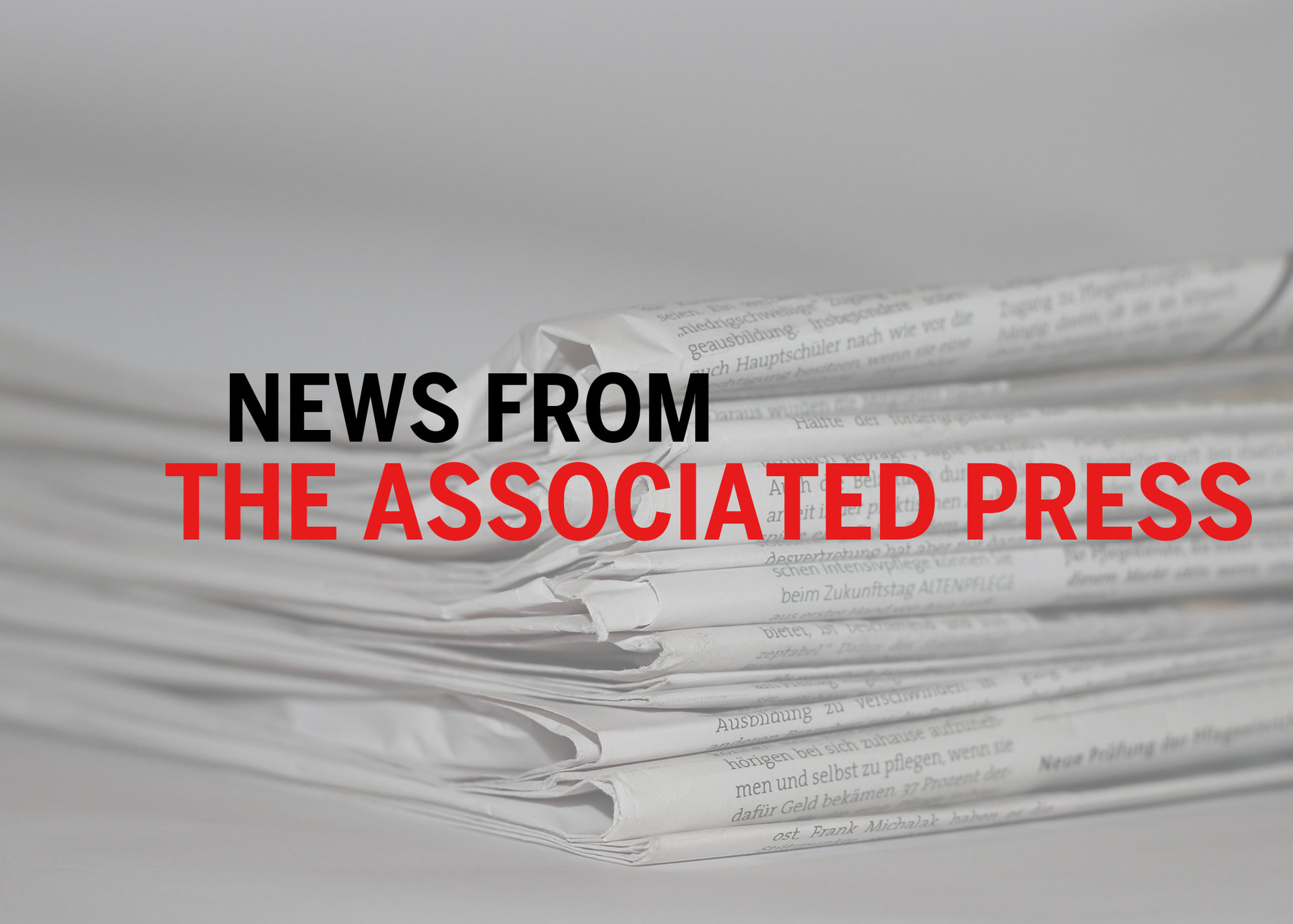Many Christian voters in U.S. see immigration as a crisis. How to address it is where they differ.
Associated Press
MIAMI (AP) - Christian voters and faith leaders have long been in the frontlines of providing assistance to migrants - but when it comes to support for immigration policies, from border security to legalization options for migrants already in the U.S., priorities diverge broadly.
Both President Joe Biden and GOP challenger Donald Trump traveled to the border in Texas last Thursday to present their vision of how to fix what most agree is a broken system - immigration has risen to a top concern for Americans in this presidential election year.
At the border with Mexico in El Paso, Texas, Catholic Bishop Mark Seitz believes that a nation has the right to a secure and orderly border and to vet those who want to cross it, but he emphasizes the Church's social teaching of caring for the poorest and most vulnerable.
"Here in El Paso ... we don't say, 'Show me your papers.' As Christians, we say, 'How can I help you in your suffering?'" said Seitz, who leads the U.S. Conference of Catholic Bishops' migration committee. "This is not a political issue in the first instance, it's about putting into practice what Jesus Christ taught through the Church."
Still in Texas, a flashpoint not only in crossings, but also in an escalating battle between the federal and state governments over border management, a prominent megachurch pastor and Trump supporter said his church welcomes everyone - but the faithful also have an obligation to obey the law.
"At First Baptist Church in Dallas we do not check for green cards - that's government's responsibility," the Rev. Robert Jeffress said in an email. "The Bible teaches that God created the institution of government to protect its citizens. Christians have a duty to obey the laws government establishes which would include immigration laws."
Whether a humanitarian or a security emphasis resonates the most varies among and within Christian denominations - like the white evangelicals who overwhelmingly supported Trump in the 2020 election or the Catholics who were split almost evenly between him and Biden.
According to a survey released this week by the Pew Research Center, majorities of white Catholics and Protestants, both evangelical and nonevangelical, consider that the big influx at the U.S.-Mexican border is a crisis for the United States - a definition that many migrant advocates and Democrats have long disputed.
Only about 3 in 10 Black Protestants and the religiously unaffiliated (or "nones") say the large number of migrants seeking to enter the U.S. is a "crisis," although in each group, about 4 in 10 say it's a "major problem." Those saying it is not a problem are minorities in the single digits across denominations.
More revealing to policy options is the reason for the influx that Christians cited in the survey.
When asked why they think large numbers of migrants are trying to cross the border, about 7 in 10 white Catholics and evangelicals said that the belief that U.S. immigration policies will make it easy to stay in the country once they arrive is a "major reason," compared to 44% of the "nones" and 52% of Black Protestants. Both groups were more likely to cite violence in their home countries as a major reason why migrants are seeking to enter the U.S. At least 65% of all religious groups cited good economic opportunities in the U.S. as a "major reason."
The president of the Southern Baptist Convention's public policy wing - the Ethics and Religious Liberty Commission - said that increased enforcement and border security should be paired with more accessible legal pathways.
"But far too often, our toxic politics pit security and reform against one another, ensuring no action is taken while citizens, migrants, officers, border facilities, ministries and local communities are all overwhelmed," said ERLC leader Brent Leatherwood. "Too many leaders have made the calculation that this cost is acceptable so that partisan trench warfare can be waged. That's not just a failure of leadership; it's a failure to be humane."
From tiny evangelical churches in Tucson, Arizona, or in Hialeah, Florida, to major faith-based aid organizations like Global Refuge, which was known until this year as Lutheran Immigration and Refugee Service, Christian groups across the country often take the lead in helping migrants with shelter, food, and legal as well as schooling assistance.
In Miami, a major destination city for migrants across the Caribbean and Latin America, many travel first to La Ermita, a shrine to the Virgin Mary built five decades ago by Cuban exiles - a growing community where Trump remains widely popular. Its rector has chosen migration as the meditation theme for this Lent, and two large crosses now flank the entrance, with reproductions of passports and clothes worn by migrants hanging on their arms.
Behind them, in English and Spanish, is an exhortation to pray for migrants and the Biblical verse "You shall love the stranger, for you were strangers."
More Articles to Read

